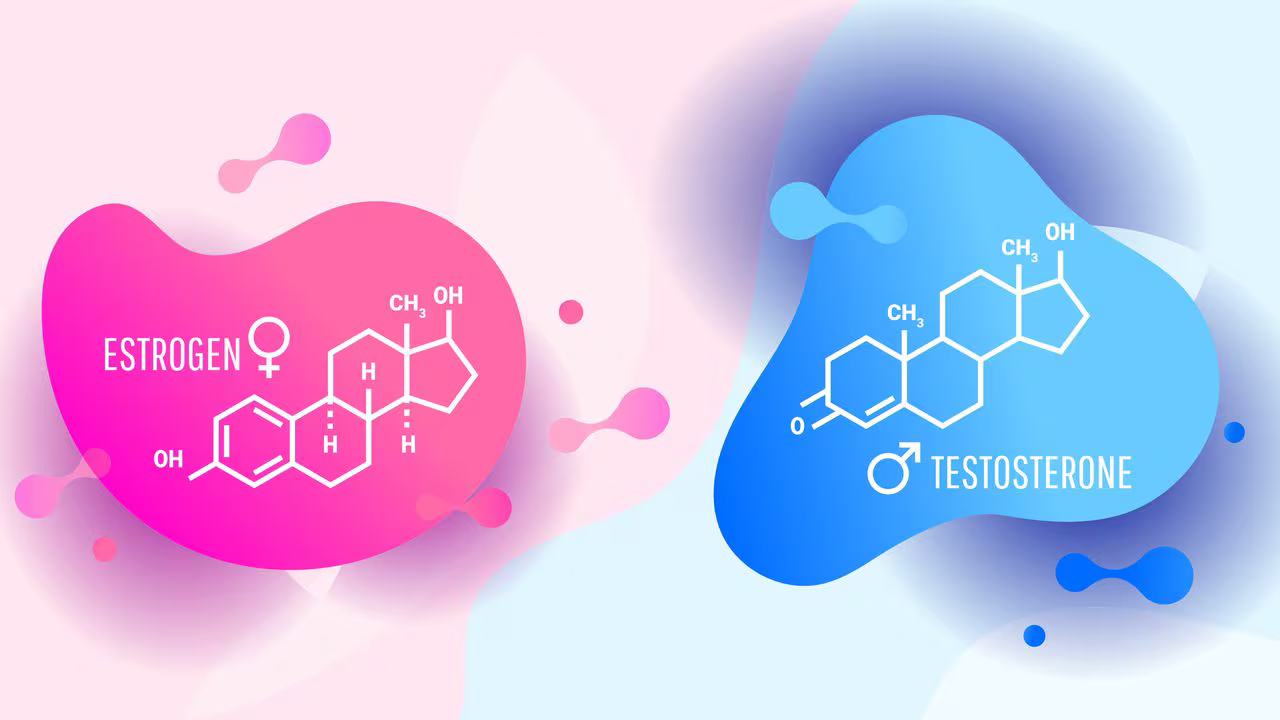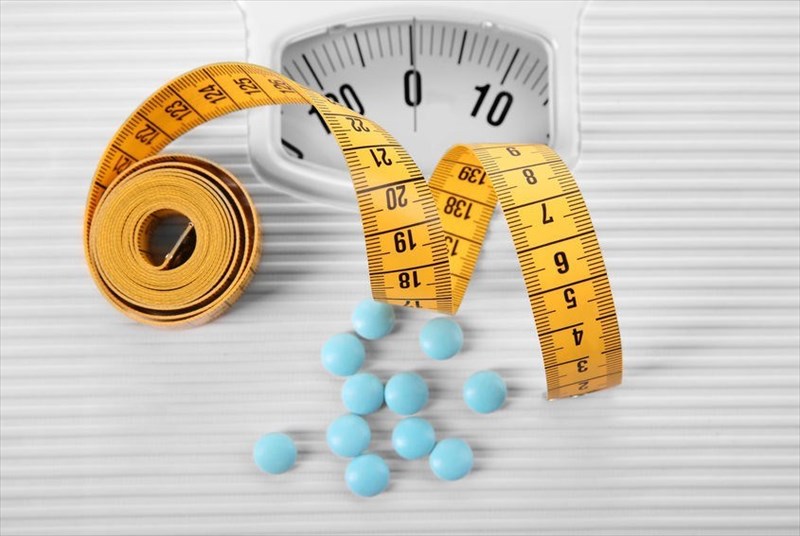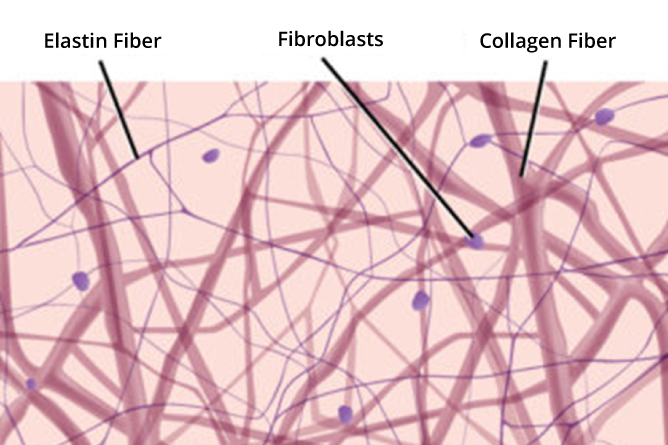
This blog delves into the transformative impact of testosterone replacement therapy (TRT) on women’s health and well-being.
Decoding hormones: Your body’s communication system
Hormones are small but mighty molecules produced by glands in your body. They act as messengers, traveling through your bloodstream to target cells or organs, where they trigger specific responses.
One well-known hormone is melatonin, which is the body’s sleep hormone. You may have taken it in the past to help you fall asleep. Normally, your body produces this sleep hormone in response to increasing darkness. The reduction of light (sunset) signals to your body that it is time to wind down for the day and prepare for sleep. This is an example of how hormones affect you on a day-to-day basis. However, they can have more long term and lasting effects on you as well.
Throughout life, hormones influence growth, development, and reproduction. Growth hormone, for instance, stimulates growth in children as they grow from toddler to teen. During the teenage years is when the sex hormones take center stage. Testosterone is primarily the male sex hormone and Estrogen is the primary female hormone. Respectively, they guide puberty and the development of sexual characteristics in men and women.
Fluctuations in hormone levels are normal but they can sometimes change drastically enough that they require a doctor’s attention. Menopause, for example, is another period of drastic hormonal change for women after the puberty years. Understanding hormones empowers you to make informed decisions about your health and the understanding required to seek medical attention when needed.
I thought only men had testosterone?
Although men usually have higher levels of testosterone in their bodies, both men and women produce testosterone. Testosterone is often associated with male traits like muscle mass and facial hair. However, there are a few other things testosterone can influence depending on if it is high or low in quantity in your body for men.
- Sex drive
- Sperm production
- Muscle and bone growth
- Deepening of the voice and hair growth
- Mood regulation
What use does testosterone have for women?
Testosterone is also an essential hormone for women too, albeit in smaller quantities, it is also produced by women. Instead of the testicles, where it is produced for men, testosterone is produced in the ovaries and adrenal glands for women. It plays a crucial role in various aspects of women’s health and well-being for largely similar things.
- Libido
- Bone health and density
- Maintenance and growth of muscle mass
- Mood regulation
- Improve energy
Testosterone in Women and Libido
When it comes to libido (sexual desire), testosterone does play a role in women’s sexual health. Adequate levels of testosterone are associated with sexual desire, arousal, and satisfaction in women. However, the relationship between testosterone levels and libido is complex and influenced by various factors, including other hormones, psychological factors, and overall health.
Low testosterone levels in women can contribute to a decreased libido, but it’s not the only factor at play. Other factors that can affect libido in women include:
- Hormonal changes (e.g., during menstruation, pregnancy, or menopause)
- Stress and fatigue
- Relationship issues
- Medical conditions (e.g., thyroid disorders, depression)
- Medications (e.g., antidepressants, birth control pills)
If a woman is low on testosterone, there are several treatment options that can provide relief. Bio-identical hormone replacement therapy (BHRT) is one such option, which involves the administration of testosterone through topical gels, creams, oil, or pellet. Lifestyle changes such as managing stress, getting enough sleep, and maintaining a balanced diet can also help. It’s essential to consult with a healthcare provider who can help identify the underlying causes and recommend appropriate low libido treatments.
Frequently Asked Questions (FAQ)
What is Testosterone Replacement Therapy (TRT)?
TRT, or Androgen Replacement Therapy (ART), is a treatment that doctors give to individuals with testosterone deficiency who show symptoms of hypogonadism. Taking prescription testosterone helps restore the levels of this hormone in the blood, reversing the symptoms of low testosterone.
Who qualifies for Testosterone Replacement Therapy?
Doctors prescribe TRT to individuals with symptomatic testosterone deficiency. To receive a definitive diagnosis, blood test results must show that a person has low testosterone levels. The individual must also have other symptoms, such as fatigue and sexual disfunction for example.
Will I grow too bulky or get hair growing everywhere?
Simply put – no. The reason why those symptoms could happen to a woman, for example, is steroid abuse. The symptoms are an indication of steroid abuse, the chances of which increase, if TRT is not being monitored by a doctor.
What are the benefits of TRT?
TRT can improve sexual function, including libido, symptoms of erectile dysfunction, and sexual satisfaction. It can also maintain bone density, and some research suggests that TRT may improve cognitive function and attention span. Energy levels and mood can also benefit from TRT.
How can I get TRT?
TRT is only available with a prescription from a doctor as testosterone is a controlled substance. If a person presents with symptoms consistent with low testosterone levels, a doctor will only provide a prescription for treatment after taking a thorough medical history and performing physical exam and blood test.


